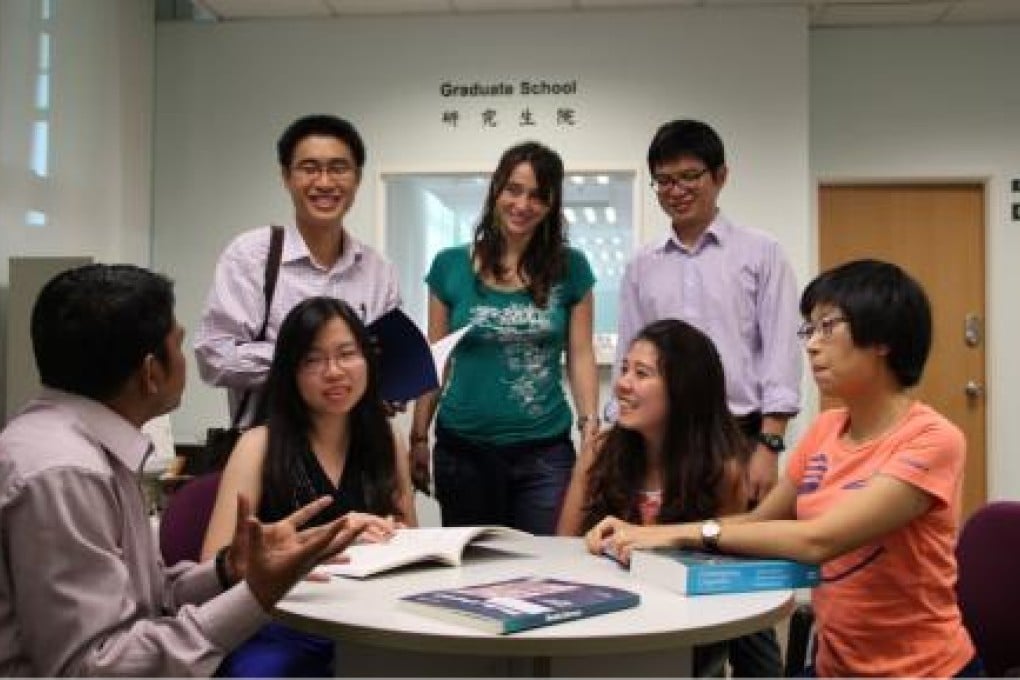Learning a degree higher
Established in 2010, the Graduate School of the Hong Kong Institute of Education (HKIEd) supports the institute in the management and quality assurance of its higher-degree programmes.

Established in 2010, the Graduate School of the Hong Kong Institute of Education (HKIEd) supports the institute in the management and quality assurance of its higher-degree programmes.
Professor Winnie So Wing-mui, Graduate School associate dean and head of the HKIEd’s Department of Science and Environmental Studies, says the institute offers professional enhancement and research training for people interested in education and related disciplines.
The HKIEd’s offerings include both research postgraduate programmes (PhD and MPhil), and taught postgraduate programmes, such as the Master of Education (MEd) and the Doctor of Education (EdD). It also offers a number of Master of Arts courses.
Students in research postgraduate programmes receive training in research skills and conduct independent research under the guidance of a team of renowned supervisors. Candidates are also expected to publish their findings and participate in conferences and other academic activities.
Explaining the need for higher-degree education programmes, So says many people working in education want to be promoted, such as from a lecturer to an assistant professor in a college or university. Others hope to change their working environment, from a primary or secondary school to a tertiary institution. The qualification standards of these promotions always require higher degrees, such as doctorates.
So says doctorate programmes meet the needs of various career aspirations. “Some people reach a crossroads in their life and decide higher education will provide them with more options,” she says. Others choose higher education as part of a strategic plan to achieve a senior position.